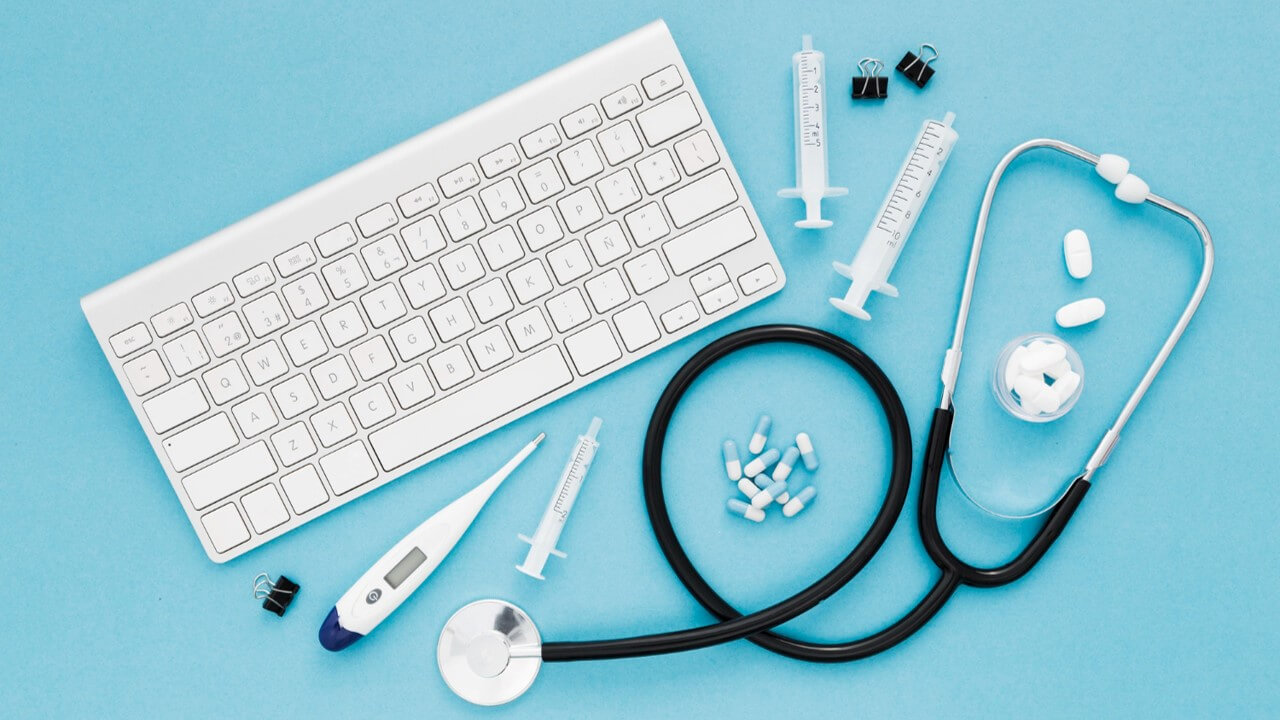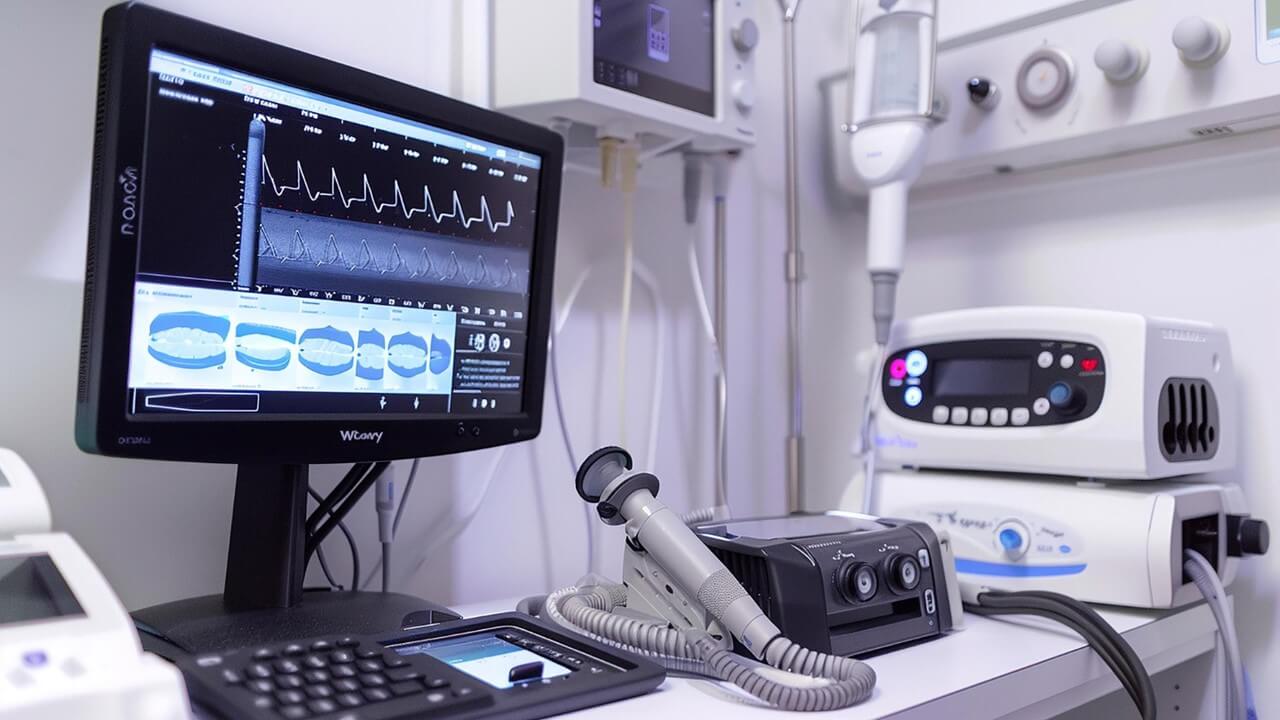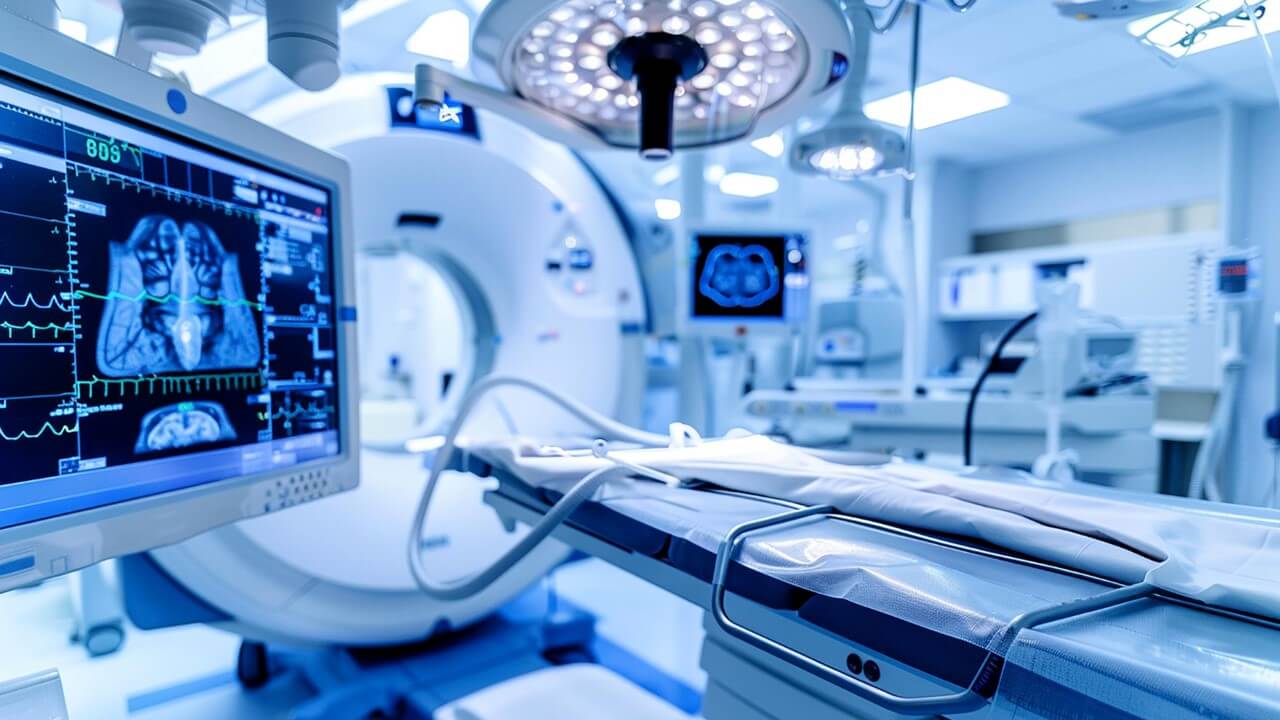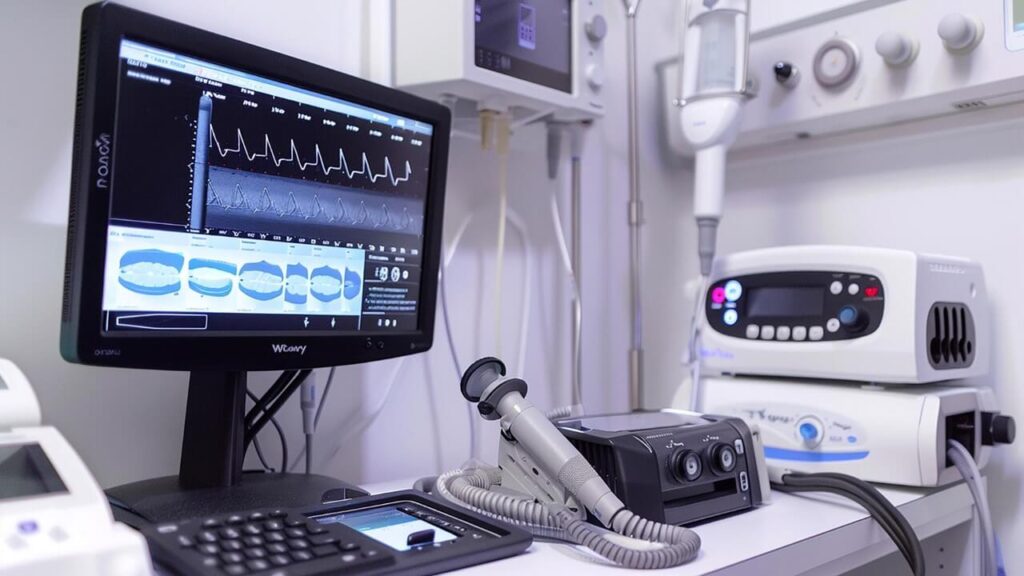ISO 13485:2016 - MEDICAL DEVICES QUALITY MANAGEMENT SYSTEMS
Home » Consultation Services » ISO 13485:2016 Medical Devices Quality Management Systems
Achieve Excellence in Medical Device Quality Management
ISO 13485 is the internationally recognized standard for Quality Management Systems (QMS) specific to the medical device industry. Achieving ISO 13485 certification demonstrates your organization’s commitment to producing safe and effective medical devices while meeting regulatory requirements.
At SQC, we provide comprehensive ISO 13485 consultancy services, assisting organizations in Malaysia to streamline the certification process and implement robust quality management systems tailored for the medical device industry. Whether you’re a manufacturer, supplier, or service provider, ISO 13485 certification can enhance your competitive edge by ensuring product quality, regulatory compliance, and customer confidence.
ISO 13485:2016 Requirements
ISO 13485:2016 outlines the criteria for a QMS tailored to organizations involved in the design, production, installation, and servicing of medical devices. It ensures that medical devices consistently comply with customer and regulatory standards.
Key Requirements:
- Quality Management System (QMS): Develop and maintain a documented QMS to guarantee consistent product quality and adherence to regulatory requirements.
- Management Responsibility: Leadership must show commitment by establishing a quality policy, setting objectives, and conducting regular QMS reviews.
- Resource Management: Ensure sufficient resources, including skilled personnel and proper infrastructure, are available to implement and sustain the QMS effectively.
- Product Realization: Plan and manage product realization processes, including design and development, to meet defined requirements.
- Monitoring and Improvement: Perform regular monitoring and measurement activities to verify product conformity and drive continuous improvement in QMS effectiveness.
By meeting these requirements, organizations can ensure their medical devices are safe, reliable, and meet both regulatory and customer expectations.
Key Differences Between ISO 13485 and ISO 9001
Why is ISO 13485 Essential for Medical Devices?
When it comes to quality management, ISO 13485 and ISO 9001 serve different purposes. While both aim to enhance quality and efficiency, ISO 13485 is specifically tailored to the medical device industry. Here’s how it stands apart:
- Industry-Specific: ISO 13485 focuses on medical devices, ensuring safety and regulatory compliance, unlike ISO 9001, which is applicable across all industries.
- Regulatory Compliance: ISO 13485 includes strict requirements for documentation, traceability, and post-market surveillance, making it essential for meeting global medical device regulations.
- Risk Management: It mandates detailed risk management processes tailored to medical device safety, going beyond ISO 9001’s general risk-based approach.
- Product Safety: While ISO 9001 prioritizes customer satisfaction and process efficiency, ISO 13485 centers on ensuring the safety and reliability of medical devices, reflecting its critical role in healthcare.
Benefits of ISO 13485 Certification for Your Business
ISO 13485 certification offers numerous advantages, especially for organizations in the medical device industry. Here’s how it can benefit your business:

Global Market Access
Achieving ISO 13485 certification demonstrates compliance with international regulatory standards, opening doors to global markets and increasing opportunities for business expansion.

Improved Product Quality
The standard ensures consistent quality in medical devices by implementing a robust QMS, reducing defects, and enhancing reliability.

Enhanced Customer Trust
ISO 13485 certification shows your commitment to safety, compliance, and quality, boosting confidence among customers and stakeholders.

Risk Management and Mitigation
ISO 13485 emphasizes risk identification and mitigation throughout the product lifecycle, reducing the likelihood of recalls, failures, or safety issues.

Regulatory Compliance
The certification helps your organization meet stringent medical device regulations, ensuring compliance in highly regulated markets.

Competitive Advantage
Having ISO 13485 certification sets you apart from competitors, reinforcing your credibility and positioning your brand as a trusted leader in the medical device industry.
Regulatory Importance of ISO 13485
ISO 13485:2016 is recognized and supported by regulatory authorities worldwide, including Malaysia’s Medical Device Authority (MDA) under the Ministry of Health. This standard plays a crucial role in:
- Aligning Quality Management System Requirements: ISO 13485 provides a unified framework for organizations to meet global quality standards effectively.
- Resolving Conflicts Across Standards: By adopting ISO 13485, manufacturers can avoid inconsistencies in meeting diverse regulatory requirements.
- Simplifying Medical Device Licensing: Compliance with ISO 13485 streamlines the licensing process for medical devices, as it aligns with the Medical Devices Act 2012 (Act 737).
The MDA uses ISO 13485 as a key reference for enforcing the Medical Devices Act, ensuring that medical devices are safe, effective, and reliable. Embracing this standard enhances regulatory compliance while fostering trust among regulators, customers, and industry partners.
Professional ISO 13485 Consultant in Malaysia
At SQC, our comprehensive ISO 13485:2016 consulting services guide your organization through each step of certification, ensuring compliance with the ISO 13485 standard and positioning your business for long-term success in the medical device industry. Our process includes:
Initial Consultation and Assessment
We conduct a detailed analysis to understand your organization’s goals, current practices, and desired outcomes in line with ISO 13485 standards. This helps us identify your unique needs, regulatory requirements, and expectations.
Planning and Customization
We assist in developing a tailored plan for ISO implementation. This includes defining the implementation scope across relevant departments, setting timelines, and collaborating with your team to establish an effective schedule.
Gap Analysis and Policy Development
Our consultants conduct a thorough gap analysis, comparing your existing processes with ISO 13485 requirements. We then assist in creating a customized documentation framework, revising policies, and aligning procedures to bridge identified gaps.
Training and Implementation
Working alongside your team, we support the implementation of new processes identified in the gap analysis. We provide targeted training to ensure employees understand ISO 13485 standards, the importance of regulatory compliance, and their roles in maintaining a quality management system. We also establish an internal audit program to monitor progress.
Pre-Certification and Audit Support
Before the certification audit, we conduct a pre-certification audit to evaluate your organization’s readiness for ISO 13485. Our team helps implement corrective actions if necessary and assists in selecting a reputable certification body. We guide you through the final certification audit process to ensure success.
Continuous Support and Improvement
After achieving ISO 13485 certification, we collaborate with your organization to foster a culture of continuous improvement. We conduct periodic reviews to maintain compliance and ensure your QMS evolves effectively with changing regulatory requirements and industry standards.
FAQs on ISO 13485 Quality Management System (QMS) for Medical Devices
What is ISO 13485?
ISO 13485 is an internationally recognized standard for quality management systems specific to the medical device industry. It ensures that organizations consistently meet regulatory and customer requirements for medical devices and related services.
Why is ISO 13485 important for my business?
ISO 13485 certification demonstrates your organization’s commitment to producing safe and effective medical devices. It helps meet regulatory requirements, enhances customer trust, and improves overall operational efficiency in the medical device industry.
How long does it take to achieve ISO 13485 certification?
The time needed for ISO 13485 certification varies depending on the organization’s size, current practices, and readiness. Generally, it can take from several months to a year.
What is the cost of ISO 13485 certification in Malaysia?
The cost of ISO 13485 certification in Malaysia varies based on factors like company size, scope, and certification body fees. Consulting fees may also vary depending on the level of support needed, generally ranging around several thousand Ringgit Malaysia. Contact us with our consultants to find out more.
Do I need a consultant for ISO 13485?
While ISO 13485 certification can be achieved independently, working with a consultant can simplify the process, provide expert insights, and increase the likelihood of successful certification.
Can I apply for ISO 13485 without a consultant?
Yes, but working with a consultant can simplify the process, provide essential guidance, and reduce the time to certification. If you prefer to apply for ISO 13485:2016 by your own organization, consider visiting our Training Programmes for resources and courses that can help you understand and implement ISO 13485 requirements effectively.
Why Choose ISO 13485 for Your Business?
If your organization operates in the medical device industry, ISO 13485 certification demonstrates your commitment to quality and safety. It helps you meet regulatory requirements, enhance customer trust, and gain a competitive edge in the market.
Optimize your quality management system with ISO 13485 and build a foundation for long-term success in the medical device industry. Contact us today to learn more about achieving ISO 13485 certification.
We Love to Hear From You

Special points and system / process requirements
Additional special points and system/process requirements of ISO 13485 include:
- Focus on meeting regulatory requirements
- Risk management systems
- Clinical evaluations and/or evaluation of medical device performance as required by national or regional regulations is necessary for design and development validation
- Product cleanliness and contamination controls
- Requirements for implantable devices
- Proper communication of advisory notices
- Additional research and development requirements
Who needs ISO 13485?
- Companies who manufacture private label medical devices and hope to eventually place them in the EU market
- Organizations that design and assemble medical devices
- Medical component manufacturers
- Manufacturers that want to prepare for future IVD regulatory obligations to enter the EU
- Companies who store and/or distribute medical products
- Companies who install and/or service medical devices
- Companies that design, develop, or provision associated services (e.g. technical support)
